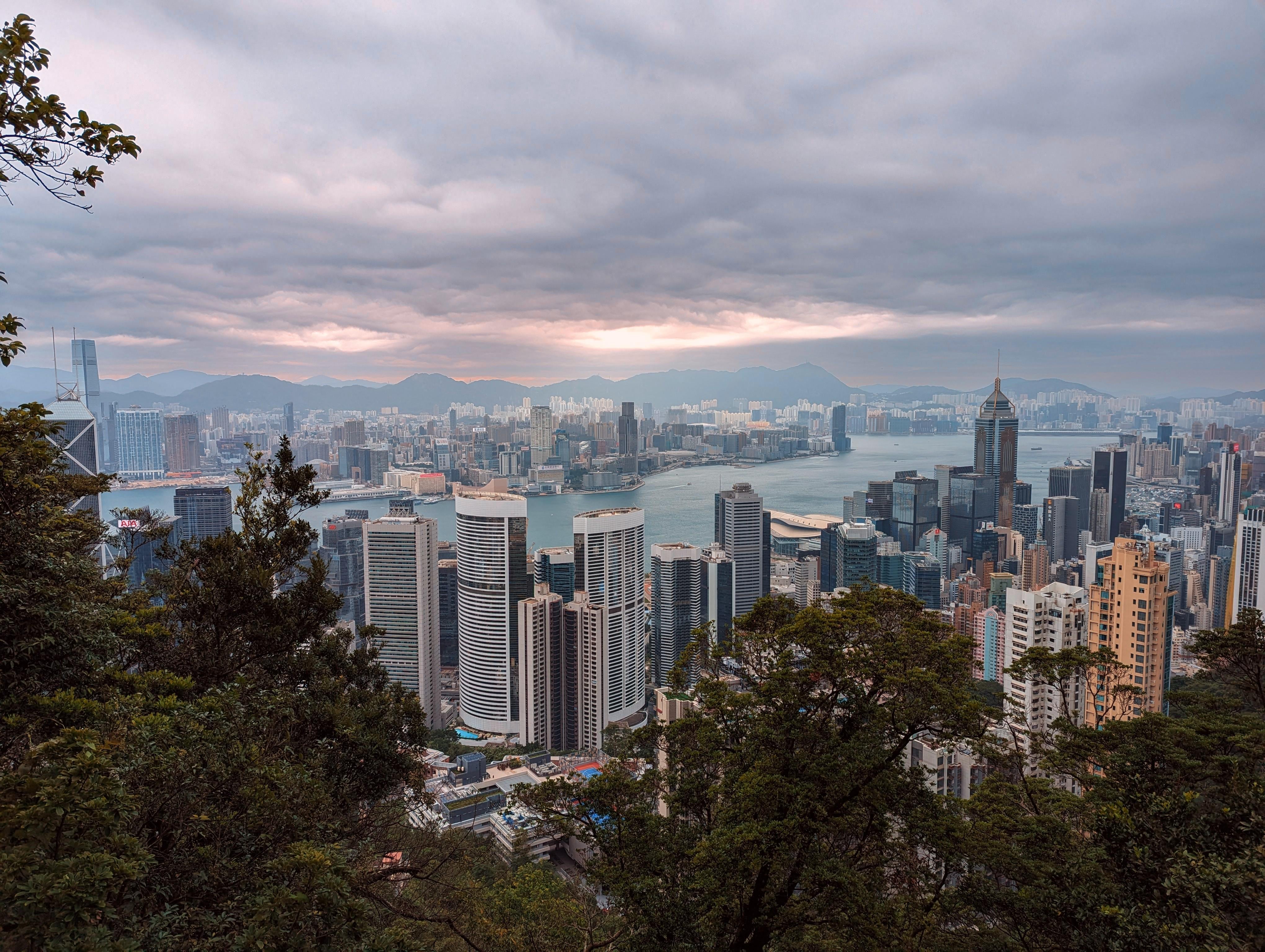[ad_1]

Hong Kong is an autonomous territory located in East Asia. It was formerly a British colony until its sovereignty was transferred to China in 1997 under the “one country, two systems” principle. Under this agreement, Hong Kong was supposed to have a high degree of autonomy and maintain its own legal and economic systems for 50 years.
However, in recent years, there has been growing concern about the erosion of Hong Kong’s autonomy and freedoms. The pro-democracy movement has been met with increasing repression from the Chinese government, resulting in mass protests and clashes with authorities.
In 2019, the extradition bill sparked widespread protests as many feared it would undermine Hong Kong’s judicial independence and allow for the extradition of individuals to mainland China where they could face unfair trials. Despite the bill being eventually withdrawn, the protests continued to demand greater democracy and autonomy for Hong Kong.
The Chinese government has responded by tightening its grip on the territory, imposing a national security law that criminalizes secession, subversion, terrorism, and collusion with foreign forces. This has led to the arrest of numerous pro-democracy activists and the disqualification of lawmakers who have criticized Beijing.
The international community has expressed concern over the situation in Hong Kong, with some countries imposing sanctions on Chinese officials. However, Beijing has dismissed criticism as interference in its internal affairs. The future of Hong Kong remains uncertain as tensions between the pro-democracy movement and the Chinese government continue to escalate.
